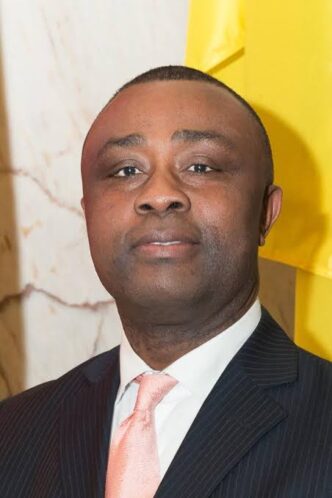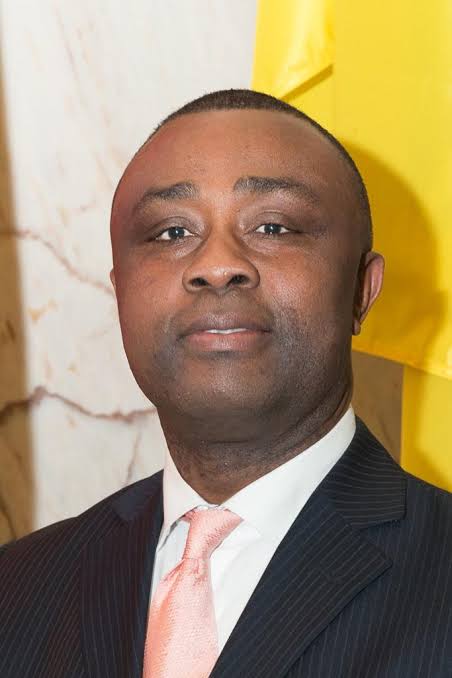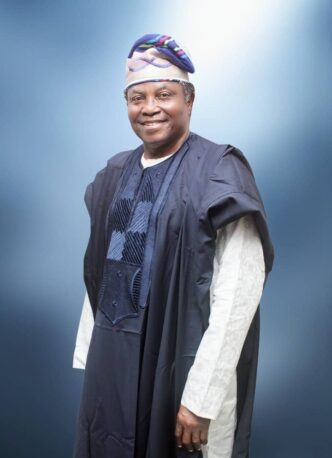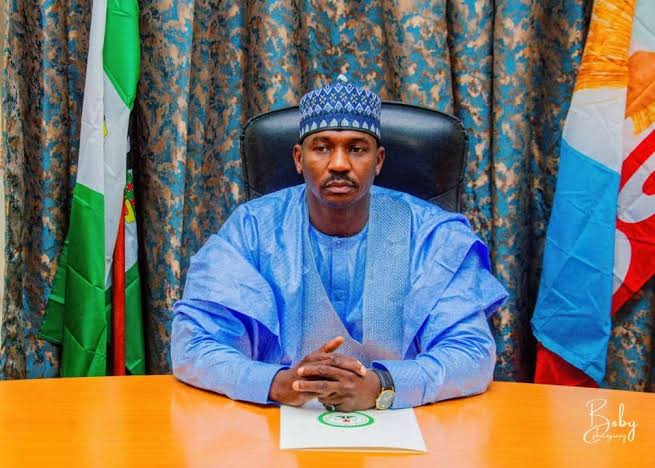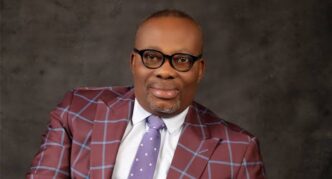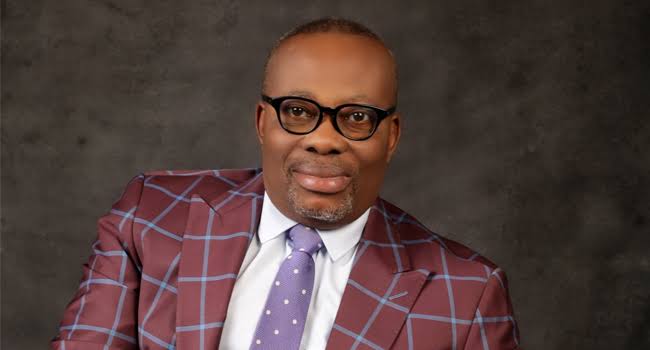Even as a passive watcher of the politics of Nigeria, I see some glaring shortcomings in its constitutional representation. This is clear in delayed by-elections, opaque primaries, underfunded electoral processes, and lack of institutional accountability. These have had far-reaching negative impacts on political, economic, and social development in Nigeria. My friend, Sulai Aledeh, who is the Managing Director of Edo Broadcasting Service, invited me for a conversation on constitutional representation. I saw an opportunity here for deeper thoughts. This is because on 16 August 2025, Edo State will be back to the ballot box. It now prepares for by-elections to fill the Edo Central Senatorial seat vacated by Governor Monday Okpebholo. Also on the ballot is the Edo South House of Representatives seat vacated by Deputy Governor Denis Idahosa. Nigerians must pause to consider on what constitutional representation truly means. These vacancies offer more than just procedural concern. They are symptomatic of a deeper ailment in Nigeria’s democratic journey, politically, economically, and socially.
Political Impact
Democratic disenfranchisement is real. Constituents lose legislative voice and advocacy when seats are left vacant. Constituency priorities, ranging from budget inclusion to policy debates, suffer in silence. Repeated delays in calling by-elections have caused disillusionment among citizens. Party primaries controlled by elites contribute to apathy. Big money politics and tokenistic engagements further increase distrust of governance.
Economic Impact
Economic implications are just as grave. Legislative seats attract developmental funds, federal budget lines, and economic empowerment programmes. A vacant seat equals a stalled economy at the grassroots. Edo, with its industrial and agricultural potential, stands to lose billions in federal intervention funds when representation is absent.
Social Impact
Without elected voices, social inclusion suffers. Communities feel marginalised. The youth are left out of policy frameworks that concern them. Representation ensures dignity and belonging. Its absence fosters resentment and unrest.
When representation fails, development falters. To reclaim our future, Nigeria must fix its democracy from the roots up. Edo offers us a chance to think and co-create.
Edo State’s unfolding vacancy process is emblematic of broader constitutional and operational challenges in Nigeria’s system of representation. In principle, the Constitution and Electoral Act offer a robust framework, but real-world implementation often diverges. This is especially so in timebound enforcement and resource allocation.
Comparable byelections in Cross River and Ondo in recent years show the mechanism’s potential when properly managed. But it also shows fragility in the face of delay, underfunding, or insecurity. Reform efforts should focus on strengthening legal timelines, financial assurance for electoral administration, technology adoption, and deeper civic inclusion.
Collins Nweke is a Senior Consultant in International Trade, Consultant in Economic Diplomacy, and a Global Affairs Analyst. He is also a former Belgian Municipal Legislator.
Gatekeepers News is not liable for opinions expressed in this article, they’re strictly the writer’s

